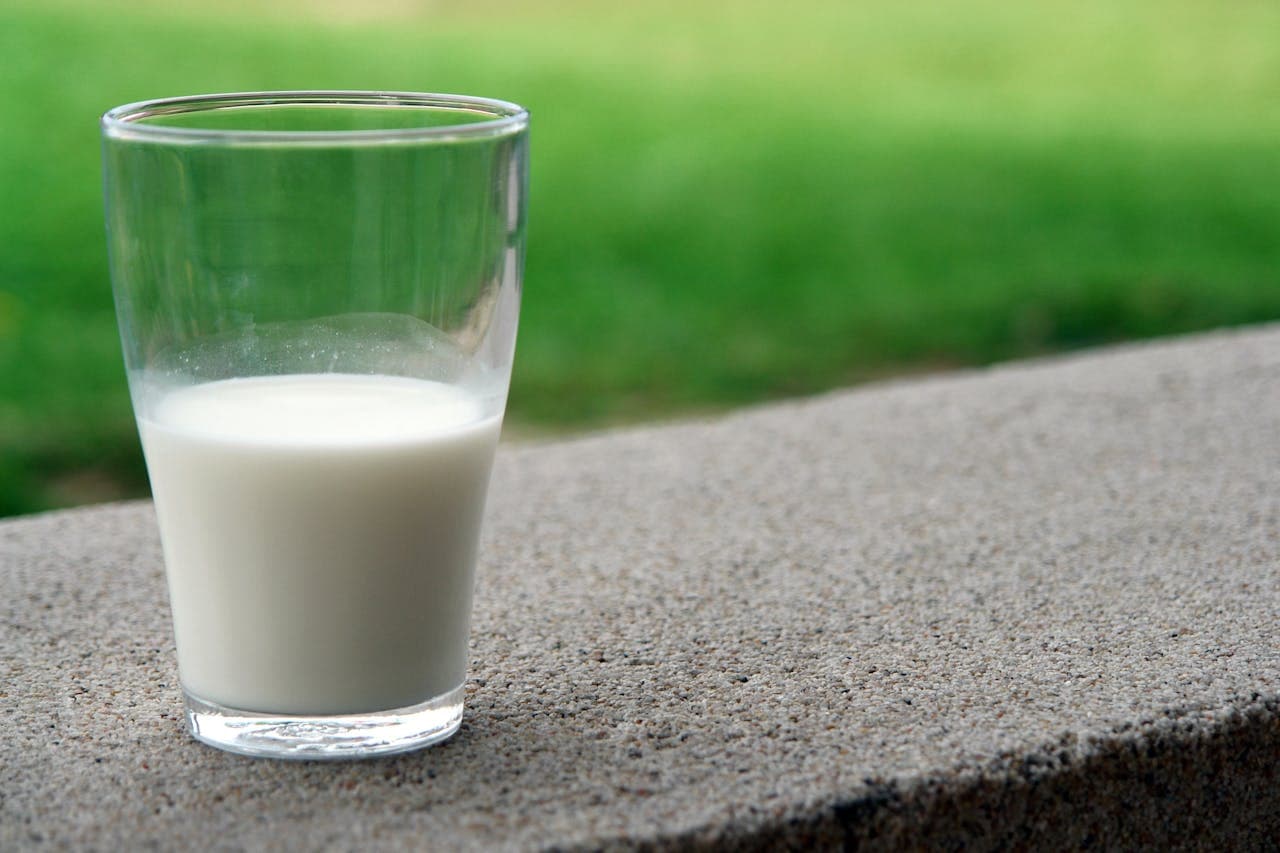Is Milk Healthy or Unhealthy?

Is Milk Healthy?
The debate over whether milk is truly healthy or potentially harmful has gained traction. As more people question traditional dietary advice, it’s important to look at both sides of the argument to understand whether milk should have a place in your diet. This blog post will explore milk consumption's health benefits and potential risks, helping you make an informed decision.
The Nutritional Benefits of Milk
1. Rich Source of Calcium
One of the most well-known benefits of milk is its high calcium content. Calcium is essential for strong bones and teeth, and milk provides an easily absorbable form of this vital mineral. Regular consumption of milk can help prevent osteoporosis and bone fractures, especially in older adults.
2. High in Protein
Milk is a complete protein, meaning it contains all nine essential amino acids that your body needs for growth and repair. For those who are physically active, milk can be a great post-workout drink to help muscle recovery.
3. Vitamins and Minerals
In addition to calcium, milk is also rich in other important nutrients like vitamin D, vitamin B12, potassium, and phosphorus. These nutrients play key roles in various bodily functions, including maintaining healthy skin, supporting nerve function, and regulating blood pressure.
4. May Aid in Weight Management
Some studies suggest that dairy consumption, including milk, may help with weight management. The protein and fat content in milk can promote a feeling of fullness, potentially leading to reduced overall calorie intake.
The Potential Downsides of Milk

1. Lactose Intolerance
A significant portion of the world’s population is lactose intolerant, meaning they lack the enzyme lactase needed to properly digest lactose, the sugar found in milk. For these individuals, consuming milk can lead to digestive discomfort, including bloating, gas, and diarrhea.
You can read this article for more detailed information.
2. Saturated Fat Content
Full-fat milk contains a considerable amount of saturated fat, which has been linked to an increased risk of heart disease. Although the relationship between saturated fat and heart disease is still debated, many health experts recommend limiting saturated fat intake.
3. Hormones and Antibiotics
Conventional milk production often involves the use of hormones and antibiotics to increase milk yield in cows. Some people are concerned about the potential health effects of consuming these substances, although the levels found in milk are generally considered safe by regulatory agencies.
4. Potential Link to Acne
Some research suggests that milk, particularly skim milk, may exacerbate acne in certain individuals. The exact cause is not well understood, but it may be related to the hormones present in milk or the way milk affects insulin levels.
The best method might be to observe yourself after drinking milk and see if there are any changes.
Milk Alternatives: A Growing Trend

With the rise of plant-based diets, many people are turning to milk alternatives such as almonds, soy, oats, and coconut milk. These alternatives often have different nutritional profiles, with some being lower in calories and others fortified with additional vitamins and minerals. While plant-based milks can be a good option for those who are lactose intolerant or following a vegan diet, choosing products that meet your nutritional needs is important.
Who Should Drink Milk?
Milk can be a healthy addition to the diet for many people, particularly those who are not lactose intolerant and can tolerate dairy well. Children, teenagers, and older adults, in particular, may benefit from the calcium and vitamin D in milk to support bone health. However, individuals with lactose intolerance, dairy allergies, or concerns about saturated fat intake may need to consider alternatives or limit their milk consumption.
Lactose intolerance is less common among Northern European populations, such as those from Scandinavia, the British Isles, and parts of Germany and the Netherlands, where lactose tolerance has been more widely retained due to a long history of dairy consumption.
So Is Milk Healthy or Unhealthy?
The question of whether milk is healthy or unhealthy doesn’t have a one-size-fits-all answer. Milk can be a nutritious part of a balanced diet for many people, providing essential nutrients like calcium, protein, and vitamins. However, it’s not without its drawbacks, and some individuals may need to limit or avoid it based on their personal health needs.
A great video that covers the topic from every angle.
The decision to include milk in your diet should be based on your nutritional needs, health goals, and how your body responds to dairy. If you’re unsure, consulting with a healthcare provider or a nutritionist can help you make the best choice for your health.